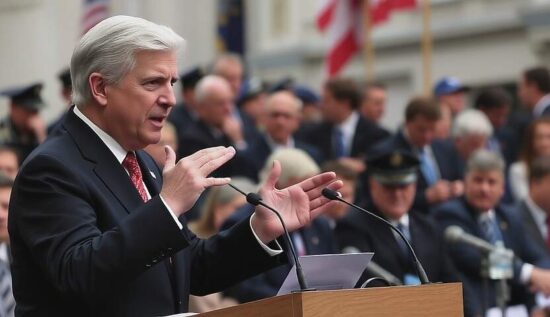A recent speech by US Vice President J.D. Vance at the Munich Security Conference has been attributed to various factors. Some claim it was a revenge act, as Donald Trump and his supporters were long criticized by Western leaders without being held accountable for their words. Now, the day of reckoning has come, but the EU is reacting with a mix of confusion and questions: “Why us?”
Beyond personal affronts, a deeper ideological divergence is at play. Vance’s criticism of Europeans echoes the same accusations that American settlers levelled against the Old Continent centuries ago: tyranny, hypocrisy and parasitism. The rejection of European political traditions formed the ideological foundation of the US state. Today, the dispute over what constitutes true democracy has evolved from an internal American to a transatlantic one and its outcome will shape the future.
However, the most significant aspect of Vance’s speech goes beyond personal or ideological disputes. It reflects a fundamental shift in world politics. The key question now is whether the Cold War of the 20th century is finally over or will continue indefinitely. Western Europe insists on the latter – not because of a comprehensive strategy, but because it has failed to peacefully integrate its former adversaries. The US, on the other hand, seems willing to look to the future.
This shift is not due to Trump or Vance, but rather the changing priorities of the United States. The turn away from Europe began under US President George W. Bush and has continued under every subsequent US president. Trump merely voiced what his predecessors preferred to keep unspoken.
For Western Europe, maintaining the ideological and geopolitical framework of the Cold War is a matter of survival. The preservation of the old order allows the EU to maintain its central role in the world and – more importantly – to preserve its already strained internal cohesion.
For the United States, the abandonment of Cold War structures offers the opportunity to focus on current and future challenges – namely, China, the Pacific, North America and the Arctic. In none of these areas can Western Europe demonstrate its indispensable role, but it can serve as a costly distraction.
This leads to an unpalatable conclusion: the EU has an interest in escalating tensions so far that even a cautious US administration cannot remain inactive. The real question now is whether the Old World is capable of steering events in this direction.





